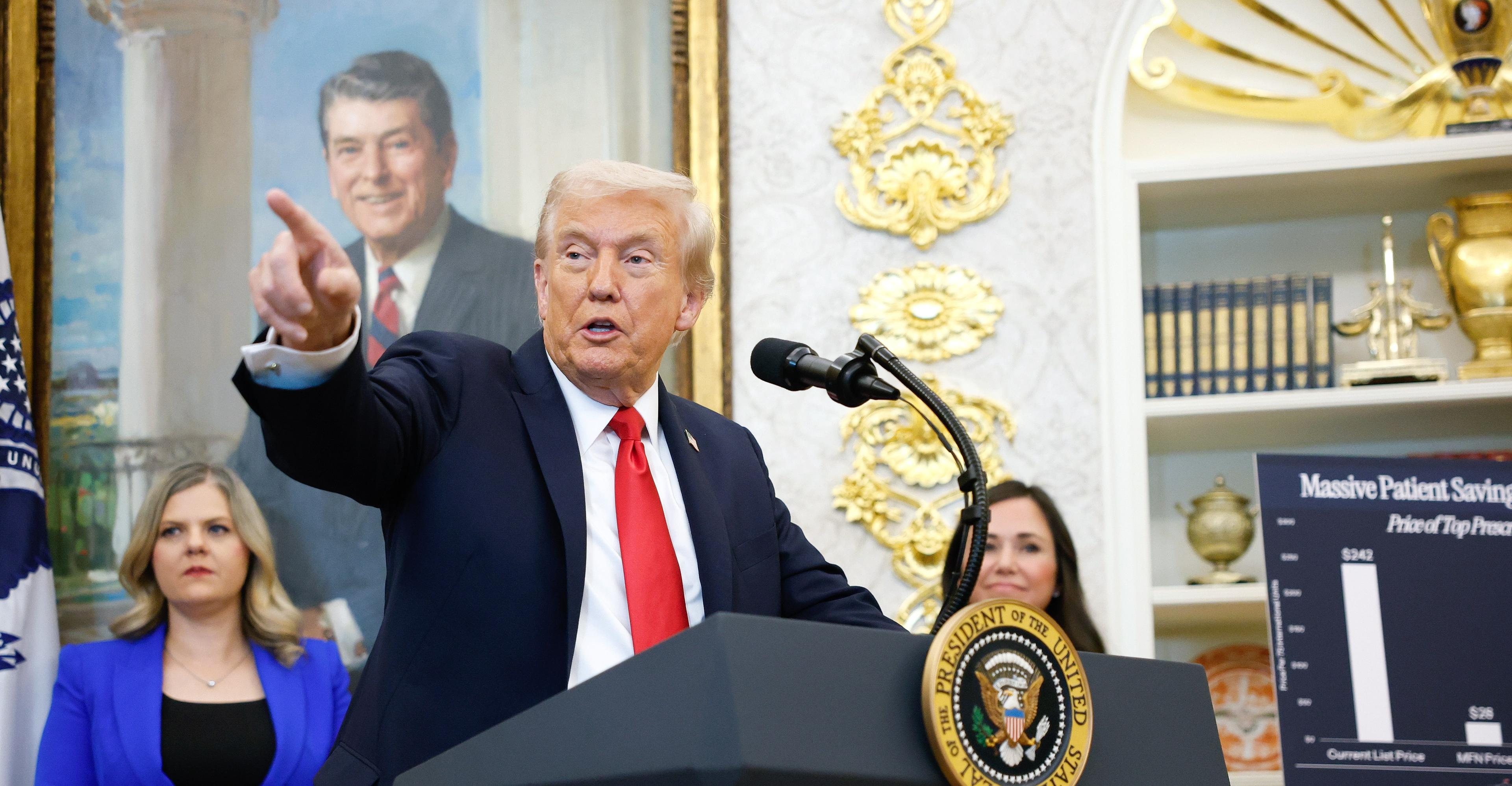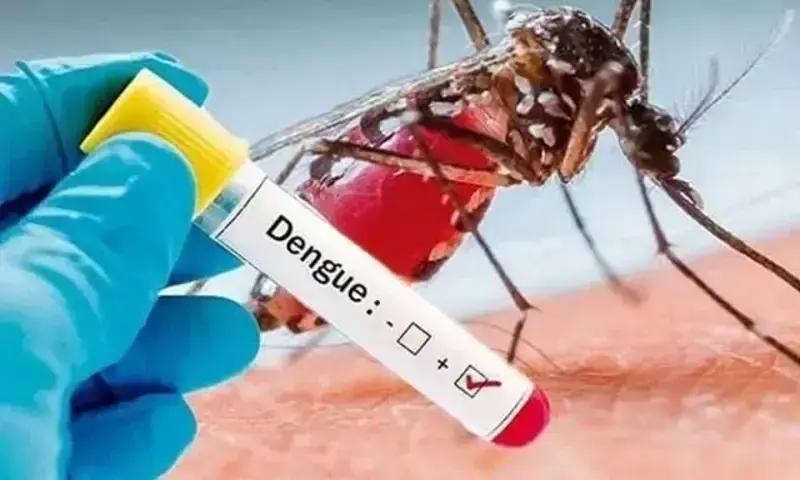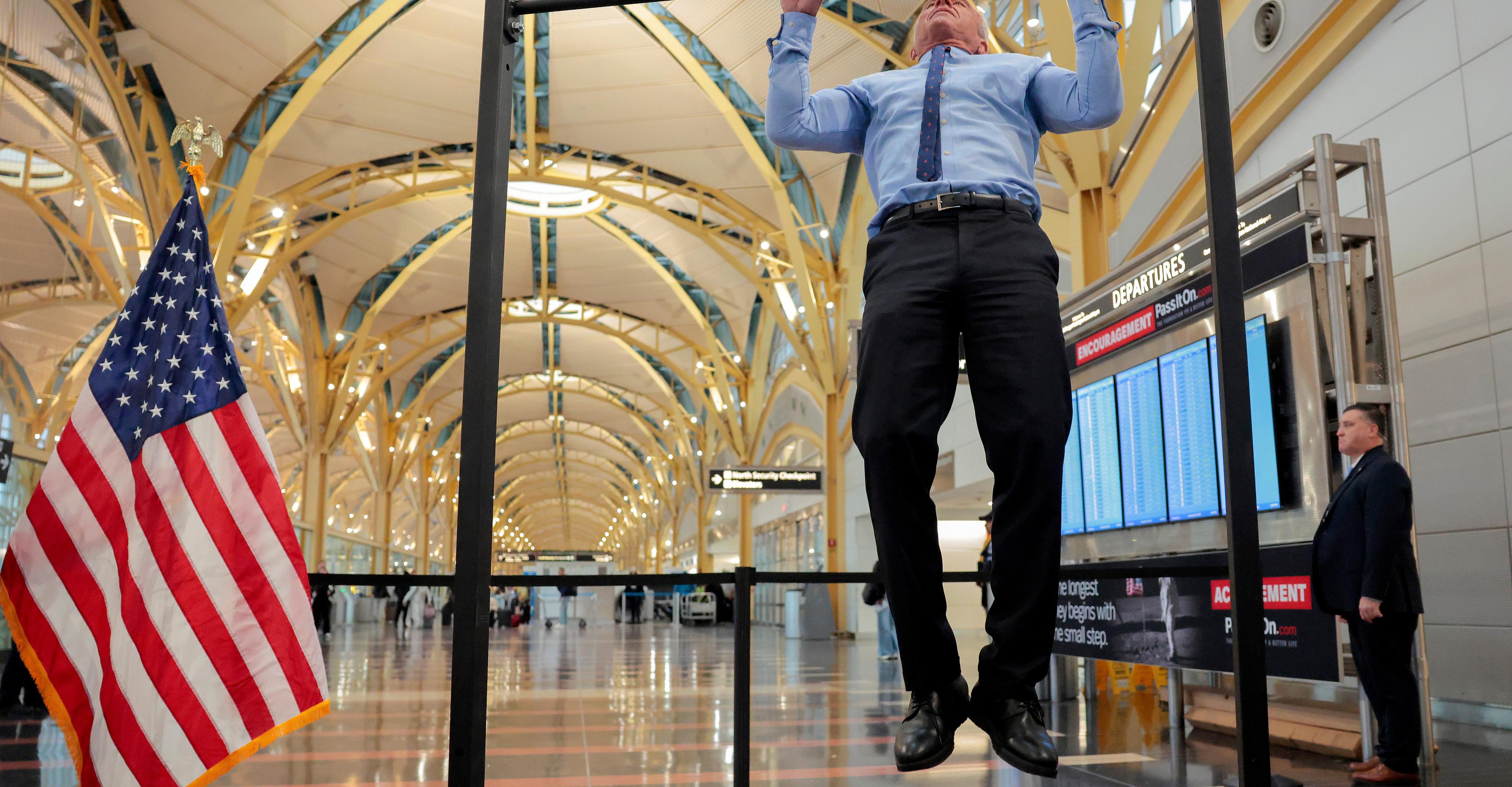Global health body revises down its budget after US withdrawal exacerbated a funding crisis


GENEVA (Reuters): Global health funding faces historic challenges as donor countries reduce their contributions, the director of the World Health Organization said on Thursday.
U.S. President Donald Trump’s administration withdrew from the WHO upon taking office in January, saying the U.N. agency had mishandled the COVID pandemic and other international health crises. The United States has been by far the WHO’s biggest financial backer, contributing around 18% of its overall funding.
“We are living through the greatest disruption to global health financing in memory,” Director General Tedros Adhanom Ghebreyesus told reporters at WHO headquarters in Geneva.
The WHO revised down its budget after the U.S. withdrawal exacerbated a funding crisis caused by member states reducing their development spending.
When asked by Reuters if there could be further revisions to the budget, the director general said it was not off the table, as his teams continue to assess the situation.
Faced with an income gap of nearly $600 million this year, the WHO has proposed slashing its budget for 2026-27 by 21% from $5.3 billion to $4.2 billion, and reducing staff numbers, according to an internal memo seen by Reuters in March.
“It is of course very painful,” the director said, warning that the cuts would have a significant impact on the health of people around the world.
The WHO says it is looking at making savings at the regional, headquarters and country level.
It will reduce jobs at its headquarters in Geneva, Switzerland, as well as closing some country offices in higher and upper-income countries, said Tedros.
A quarter of the WHO’s salary costs are not met for the next two years, said WHO’s Assistant Director-General of Business Operations, Raul Thomas. He said it is not yet possible to say how many staff will be cut as it will depend on the grade and location of people identified in its cost-saving measures.
Tedros also said the WHO wants to move towards broadening its donor base, acknowledging it faced a structural problem whereby it is over-reliant on voluntary contributions - which account for 80% of the WHO’s total budget - coming from a few donors.
Tedros told Reuters that he has not had direct contact with U.S. President Donald Trump, but is in touch with his administration and is providing information and answering their questions.
Soccer legend Ronald debuts in Hollywood, to play key role in upcoming movie
- 3 hours ago

The mass shooting on Australia’s Bondi Beach, briefly explained
- 13 hours ago
Morocco beat Jordan 3-2 after extra time to clinch Arab Cup
- 4 hours ago

The unexpected link between your diet and your anxiety
- 13 hours ago
PMD to install Advanced Automatic Weather Stations
- 2 hours ago

The looming showdown over IVF, explained
- 13 hours ago
Gunman in Brown University shooting found dead, linked to MIT killing
- 4 hours ago

Gold prices plunge in Pakistan, global markets
- 4 hours ago
UN experts raise objections on India's unilateral actions of May 7 inside Pakistan
- 4 hours ago
PM Shehbaz performs groundbreaking of Centre of Excellence for Autism
- 4 hours ago
ATC acquits SM Qureshi, awards 10-year sentences each to Dr Yasmeen, Ejaz Chaudhry in May 9 case
- 3 hours ago
More than 42mn children administered polio vaccination during final polio drive in Pakistan
- 2 hours ago







